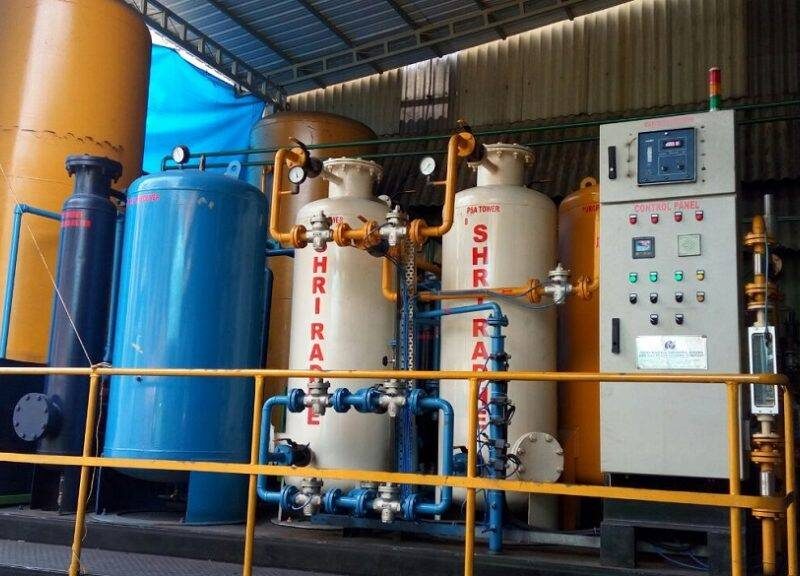
In spite of the abundance of various types of wine making equipment, one of the most sought-after and used products is a reliable and efficient method or process of wine making, with a minimum loss of flavor and texture during fermentation. Many wine enthusiasts, experts, and critics have expressed their preference for a high-quality, consistent wine-making process that utilizes state-of-the-art and updated technology. As they say, wine making has “a unique relationship” between the farmer, his or her soil, the plants and microorganisms in those soils that make wine. The wine maker, therefore, has to be knowledgeable about how those components interact, as well as knowing how each can be incorporated to produce a high-quality wine. Fortunately, there are several ways by which one can learn about how nitrate fertilizers improve wine making processes.
In recent decades, many experts have acknowledged that a major part in wine-making lies in using the right kind of fertilizer. Nitrogen is one such element that acts as an excellent source of the said essential nutrients in the soil, along with manure and plant residues. The presence of nitrites and nitrates in soil has long been known for their roles in different wine-making processes, from fermenting grape juices to maturing red and white wines to skinning and filtering. Thanks to the many studies and reports that Nitrogen generators and Nitrogen gas plant manufacturers in India have released to the public, they have finally been identified as great contributors to the quality of wine and their popularity among wine enthusiasts as well.
As mentioned above, wine-making is basically a form of culture in which different microorganisms such as bacteria, yeasts and others are deliberately introduced into the grapes or other wine-producing equipment. During this process, they reproduce and change a large number of chemical reactions that take place in the wine making process. Some of these chemical reactions include the conversion of simple sugars such as monosodium phosphate (mono), into two more helpful forms, one being the nitrate, and the other being the nitrite. In order for us to improve the quality of wine through better wine-making processes and fertilizers, it is important to use the right ones.

Recent Comments